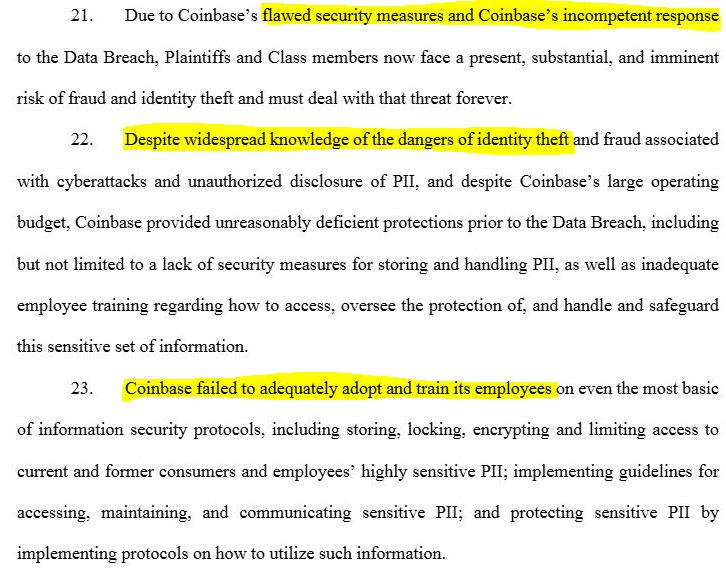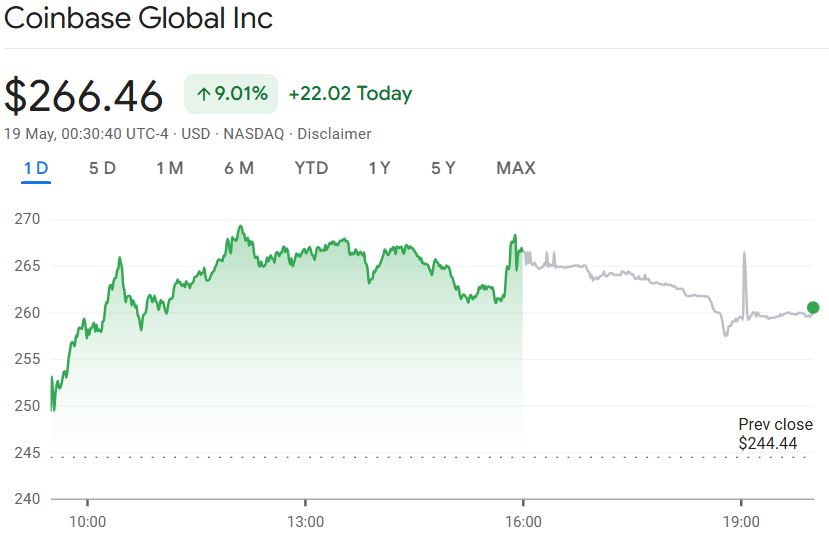Coinbase, a leading cryptocurrency exchange, is currently facing a wave of lawsuits after revealing a significant data breach. The lawsuits, initiated by affected users, accuse Coinbase of failing to adequately protect sensitive user data and mishandling the aftermath of the breach.
The core of the issue stems from an incident where cybercriminals reportedly bribed Coinbase customer support agents to gain access to internal systems. This access allowed them to steal a limited amount of user account data, leading to a $20 million extortion attempt, which Coinbase refused to pay.
What Data Was Stolen?
The compromised data included a range of personal information:
- Names
- Addresses
- Phone numbers
- Email addresses
- Last four digits of Social Security numbers
- Some bank account identifiers
- Driver’s licenses
- Passports
- Account data (balance snapshots and transaction history)
The Lawsuits: Allegations Against Coinbase
Several lawsuits have been filed, each making similar allegations against Coinbase. Key claims include:
- Failure to Implement Reasonable Security: Plaintiffs argue that Coinbase did not maintain adequate security safeguards, exposing users to significant risks.
- Inadequate Response: The response to the breach was allegedly slow, fragmented, and insufficient to mitigate the harm caused to users.
- Lack of Transparency: Users claim they were not promptly or fully informed about the extent of the data compromise.
- Unjust Enrichment: One lawsuit alleges that Coinbase did not invest sufficiently in data security measures, leading to the breach.

Potential Consequences for Users
The lawsuits highlight the potential long-term consequences for affected users, including:
- Identity theft
- Financial fraud
- Ongoing risks due to the permanent nature of compromised personal information
Coinbase’s Response
Coinbase has stated that it refused to pay the $20 million ransom demanded by the cybercriminals. The company also indicated plans to reimburse users who were tricked into sending cryptocurrency to phishing scammers as a result of the data breach.
In a filing with the US Securities and Exchange Commission (SEC), Coinbase estimated reimbursement expenses ranging from $180 million to $400 million.
Furthermore, Coinbase reportedly terminated the employment of a group of customer support agents based in India who were allegedly involved in the social engineering attacks.
Impact on Coinbase Stock
Following the disclosure of the data breach and an ongoing SEC probe, Coinbase (COIN) shares initially dipped by 7%. However, the stock has since recovered, demonstrating the resilience of the company in the face of adversity.

Broader Implications for Crypto Security
This incident highlights the ongoing challenges in securing user data within the cryptocurrency industry. It underscores the importance of robust security protocols, employee training, and proactive measures to prevent social engineering attacks.
Key Takeaways
- Coinbase is facing multiple lawsuits due to a data breach involving bribed customer support agents.
- Sensitive user data, including names, addresses, and financial information, was compromised.
- The lawsuits allege inadequate security measures and a slow response from Coinbase.
- Coinbase plans to reimburse affected users and has taken action against involved employees.
- The incident underscores the importance of data security in the cryptocurrency industry.
As the legal proceedings unfold, the outcome will likely set a precedent for data security responsibilities within the cryptocurrency exchange landscape. Users are encouraged to remain vigilant and take necessary steps to protect their personal information.